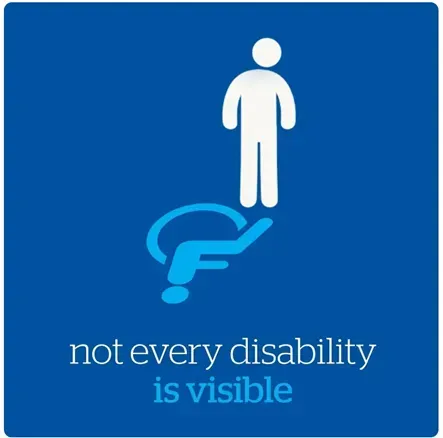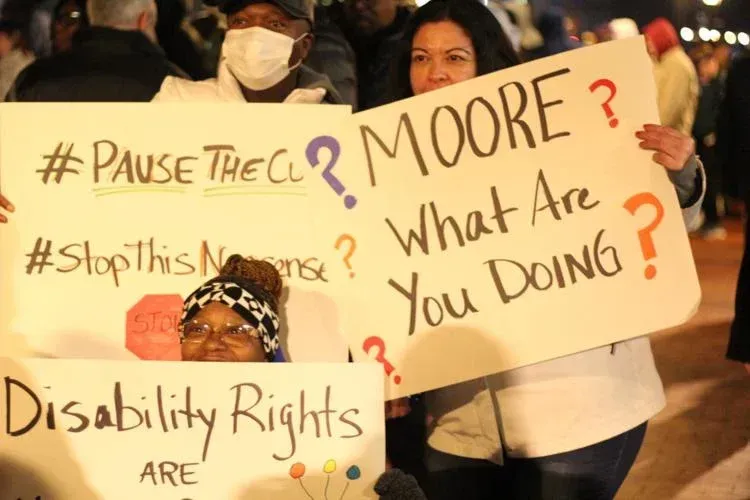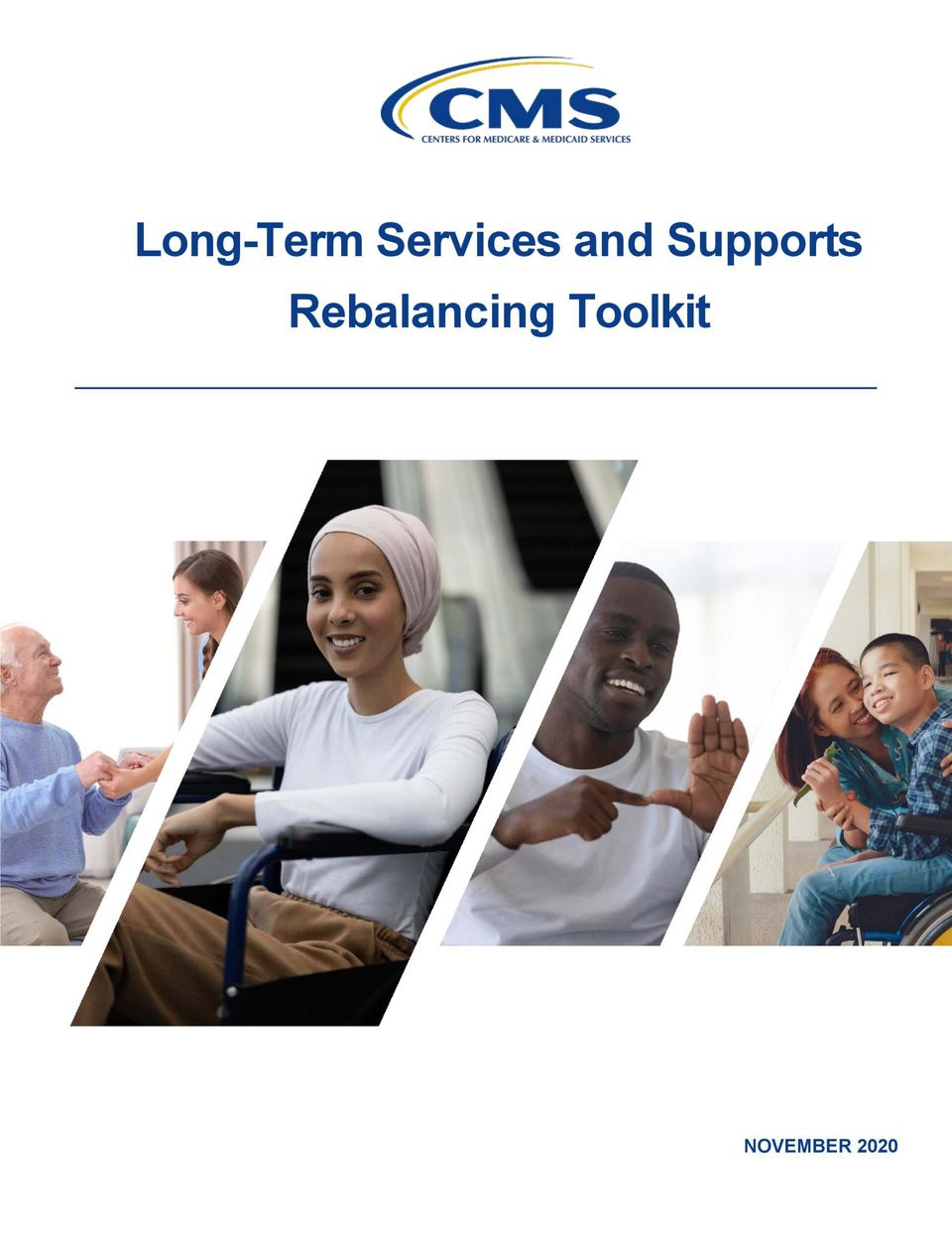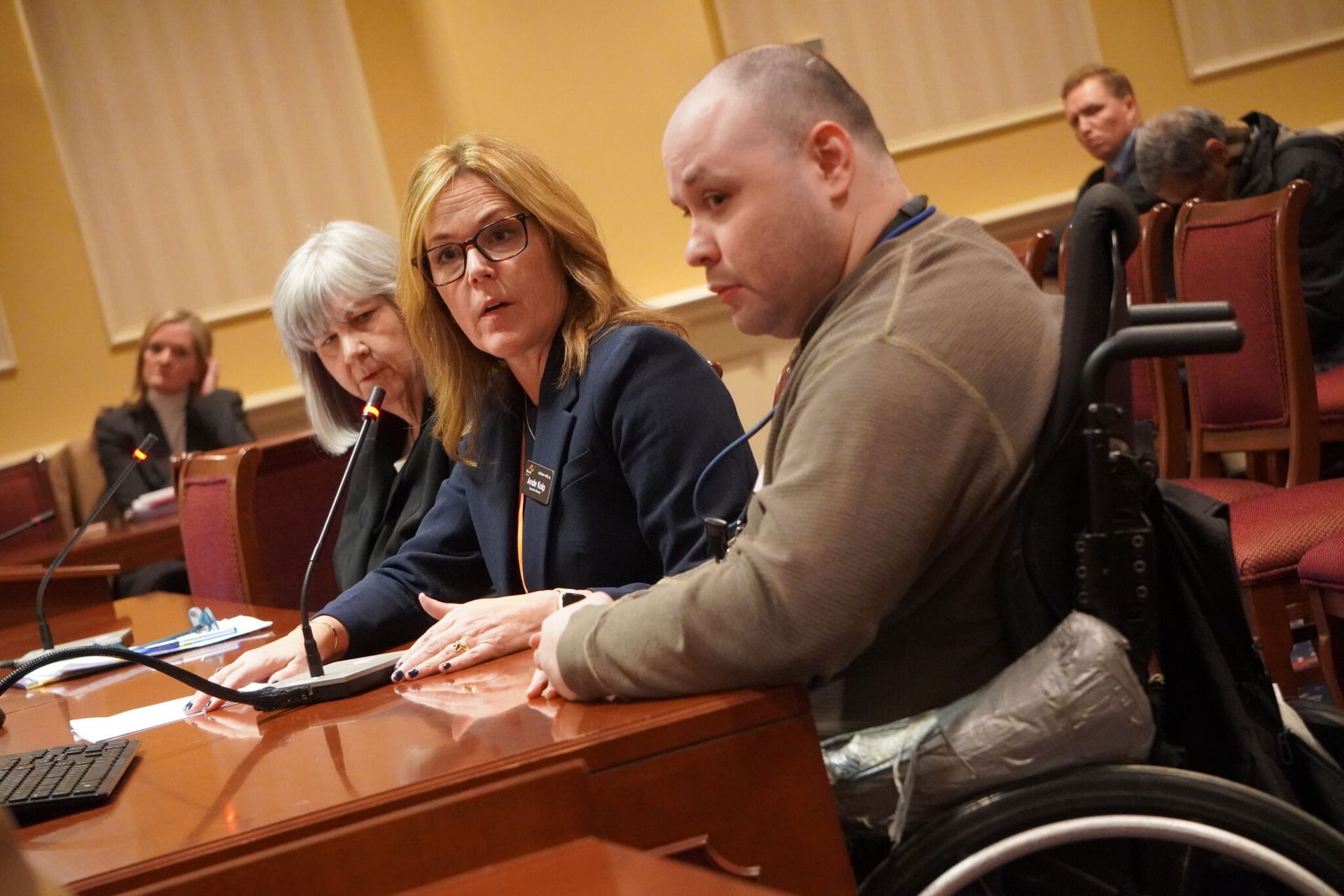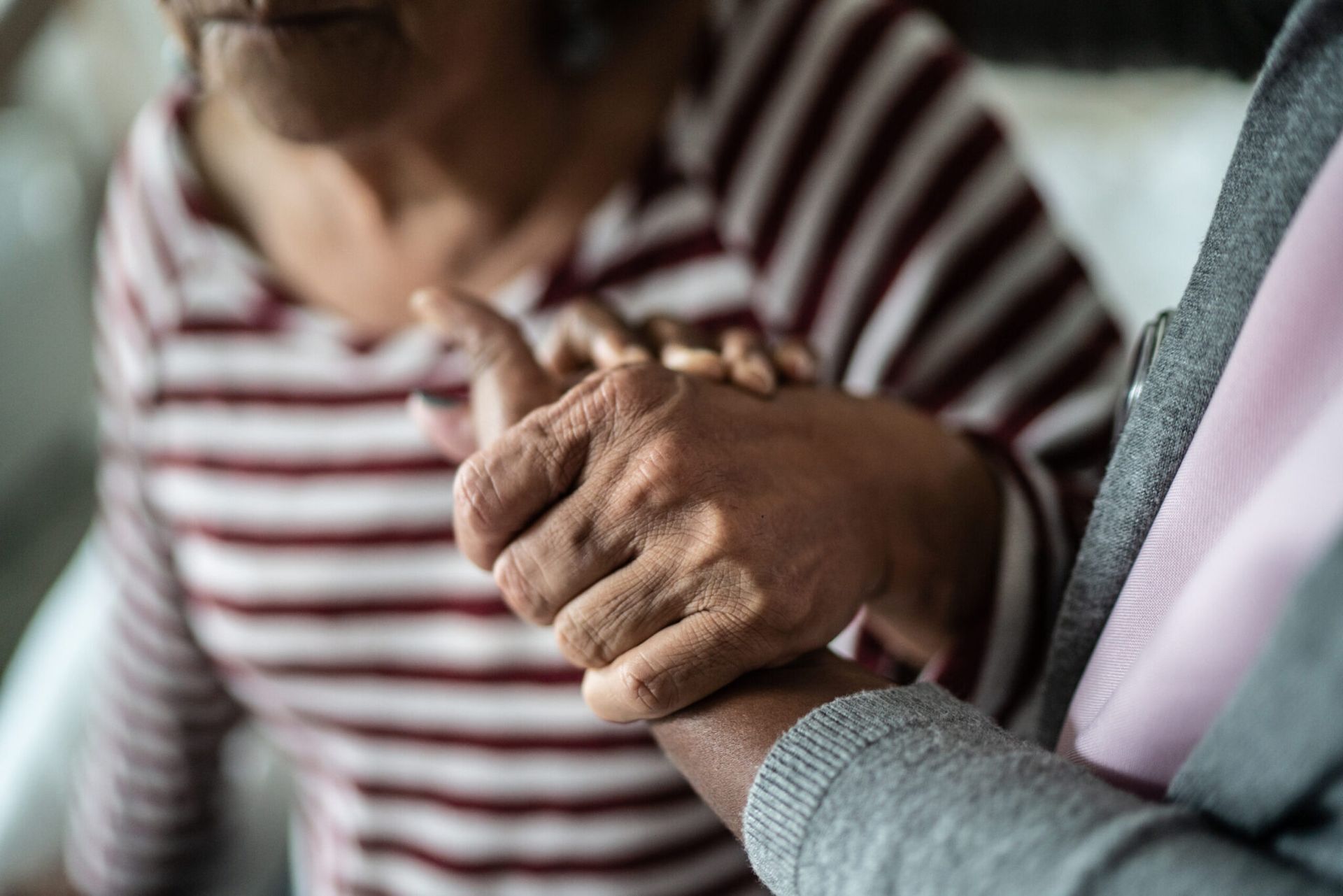CMS Action to Expand Community-based Options Cited as First Major Move in Decades Supporting People with Disabilities
Advocates Call for Acceleration of Effort Due to Disproportionate Mortality Rates of People with Developmental Disabilities due to the Pandemic.
PRINCETON, NJ – The Centers for Medicare & Medicaid Services (CMS) has issued a 66-page toolkit [01] designed to encourage and help states rebalance long-term care offerings for people with disabilities to favor home- and community-based services over large institutions.
In New Jersey, 1,701 persons with disabilities remain in state-run institutions, while another 7,918 are housed in nursing homes. Living in these crowded settings makes them particularly vulnerable to COVID-19 as the pandemic surges.
This is the first substantial movement by CMS or any state agency in decades to address the unnecessary housing of people with developmental disabilities in large congregate care facilities. This includes housing people in state-run institutions and the practice of placing individuals under 50 years old in large nursing homes. Advocates note that movement in this direction was expected more than 20 years ago with the Supreme Court’s “Olmstead” decision in 1999. To date, fewer than 15 states have abolished state-funded large facilities in favor of community-based programs.
“I commend CMS for encouraging the depopulation of large, congregate care institutions in favor of community-based housing programs. This comes at a crucial time as we have seen the devastation that the pandemic has had on people with disabilities living in large institutional settings,” stated Robert Stack, President and CEO of Community Options. [02] The organization, which is based in Princeton, NJ provides housing and employment support for people with disabilities throughout 10 states. “It’s time for states to finally abandon the practice of warehousing people with disabilities”
Alarmingly, the nonprofit FAIR Health just released a report finding that people with intellectual and developmental disabilities are three times more likely to die of COVID-19, compared to the general population. That information had to be gathered from the group’s own national data base of private health insurance, given the lack of federal and state statistics for facilities other than nursing homes.
CMS Tool Kit
“While the CMS action is a good step, the horrendous experience of this community during the pandemic underscores the need for a greater sense of urgency,” added Stack. “We need an accelerated timetable for the depopulation of these outdated, human warehouses.”
“For the past 40 years, advocates have raised concerns about the negative impact of warehousing people with disabilities in large institutions. Now this outdated form of care literally is costing lives,” stated Stack. “And the irony that this is occurring on the heels of the 20th anniversary of the Olmstead decision is not lost on this community.”
The Olmstead decision in 1999 by the Supreme Court construed Title II of the Americans with Disabilities Act (ADA) to require states to place qualified individuals with mental disabilities in community settings, rather than in institutions, whenever treatment professionals determine that such placement is appropriate. Yet, after 20 years, only a few states have moved to comply with that decision.
Citations:
- [01] Long-Term Services and Supports Rebalancing Toolkit[PDF] https://tinyurl.com/y5exrdgd
- [02] Community Options: A nationally based nonprofit organization [WEBSITE] www.comop.org

